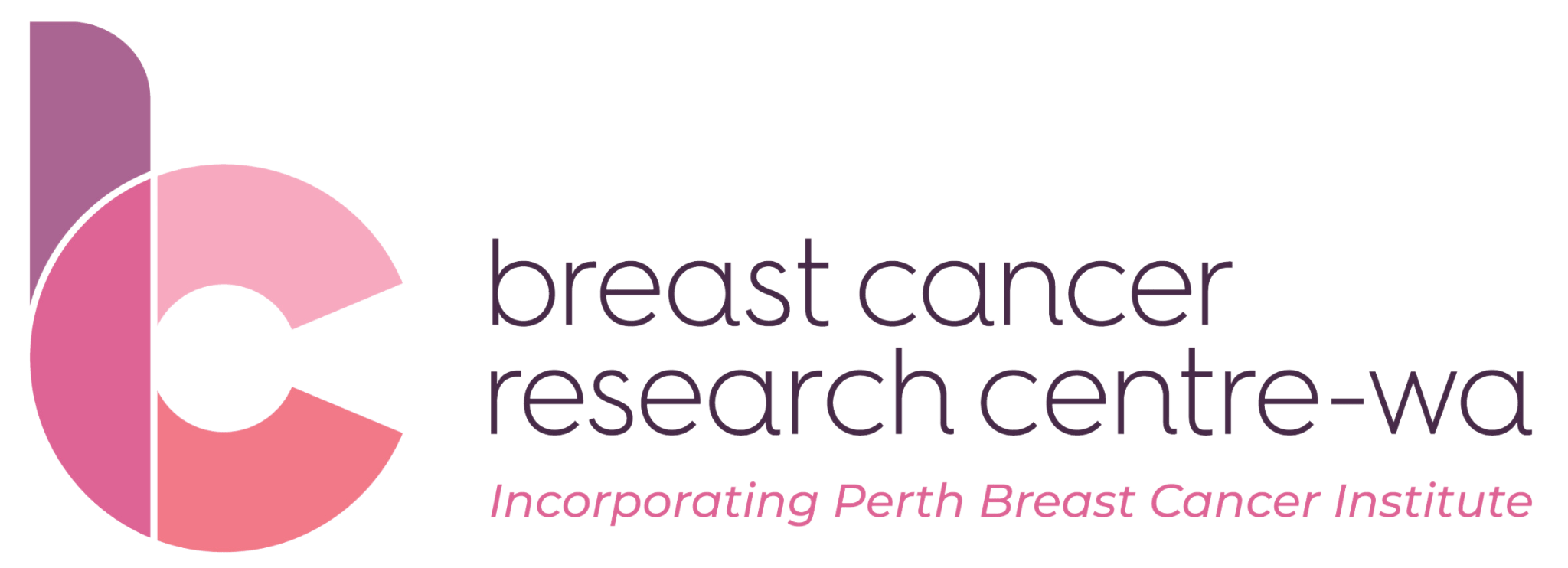Learning to Relax with Cancer:
Strategies for Coping and Self-Care
Dealing with a cancer diagnosis is an emotionally charged journey that can elicit various feelings such as shock, numbness, anger, sadness, fear, or anxiety. For many individuals, grappling with the reality of cancer can be a profound challenge, leading to self-blame or withdrawal from friends, family and other social circles. Despite the overwhelming nature of the situation, numerous strategies can help individuals cope with the emotional toll and find a sense of relaxation and inner peace.
Care of Self
Taking good care of oneself is paramount when navigating the complexities of a cancer diagnosis. Coping with cancer can be challenging and vary from person to person. Experiment and identify what works best for you. However, introducing too many changes at once may not be effective for everyone. Consider trying only one or two self-care practices at a time to gauge their impact on your well-being.
Learn about Cancer
We tend to fear the things we don’t understand. Learning about your specific type of cancer and its treatment can demystify the process and alleviate anxiety. Finding out about what you could experience in your treatment, such as the possible side effects, and what can be done to alleviate them, can empower you to actively participate in your treatment journey.
Talk it Over
Talking about your concerns and fears can be a therapeutic outlet. Talk to someone you feel comfortable with. It might be someone close to you – a family member or friend. It may be your doctor or nurse, or another health professional, social worker or spiritual adviser. You might prefer professional counselling from a psychologist or social worker. Your doctor will be able to provide you with a referral. Always check that the counsellor is professionally trained.
Seek Support
Each person will have different support needs – explore various avenues to find what resonates with you. Some individuals may seek practical support or information on treatment options, while others benefit from connecting with individuals who have faced similar challenges. Support groups, both in-person and online, as well as telephone support options, can provide valuable connections and insights.
Accept Help
Many well-meaning individuals want to provide support but may not know how. Creating a list of tasks and openly communicating your needs can enable friends and family to assist effectively. Consider asking a friend to help you to arrange this. Things on the list could include transport to appointments, cooking meals, food shopping, caring for pets, washing and cleaning.
The strategies mentioned here have been adapted from “Learning To Relax – Information for people with cancer” from Cancer Council Victoria
The information and content provided on this page is intended for informational and educational purposes only and is not intended to substitute for professional medical advice. Please contact your medical team for advice on anything covered in this article.
